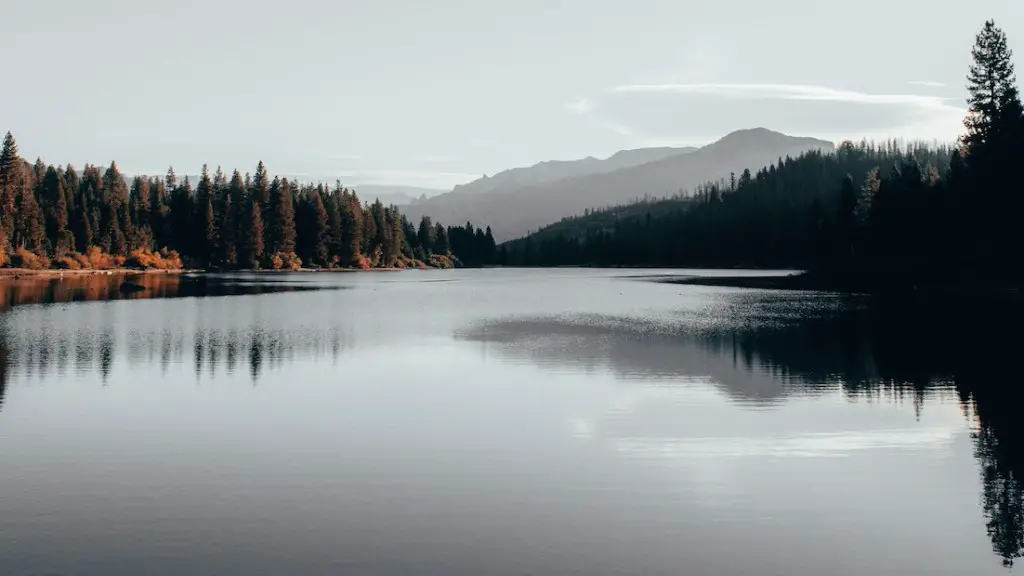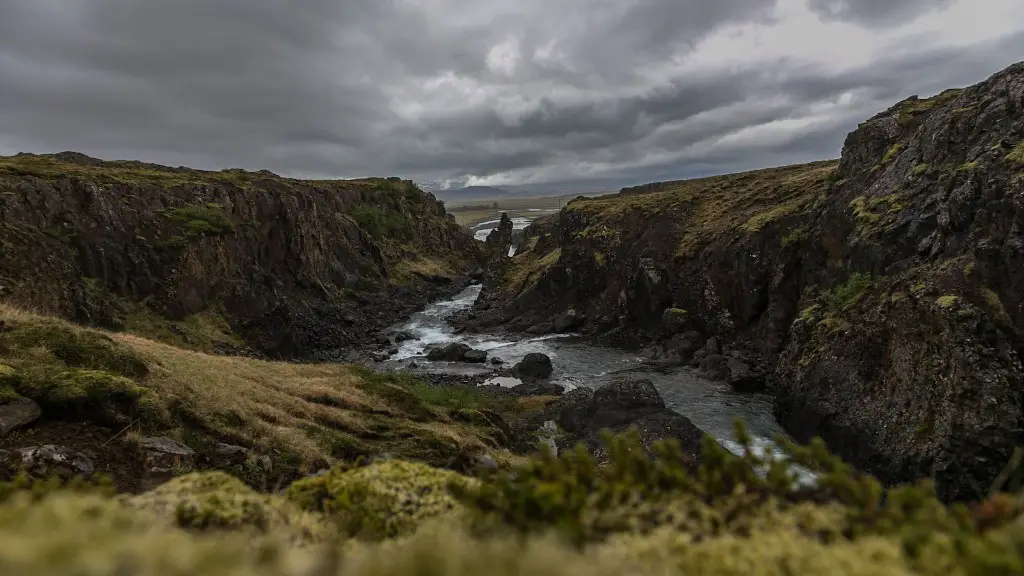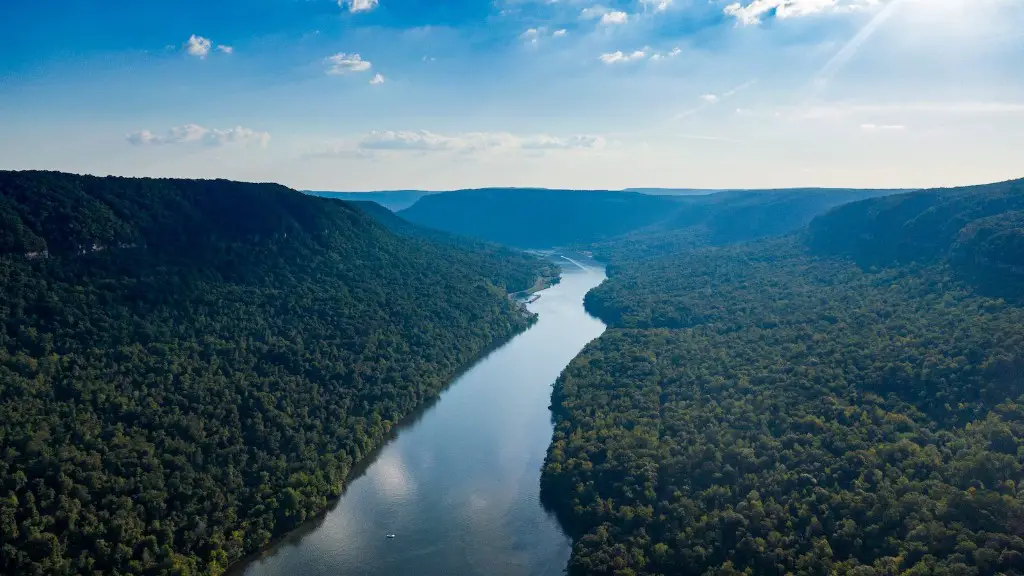Why is the Yangtze River Drying Up
It is said that the Yangtze River is China’s heart, and provides economic and ecological lifeblood to its surrounding regions. Yet the future of the Yangtze River, the longest river in Asia, is in jeopardy. In recent months, there have been reports of the Yangtze River drying up as a result of human activities, such as over-development, pollution and over-extraction of its waters. To understand why this is happening, let us look deeper in the topic.
Industrialization and Over-Development
China’s rapid industrialization has had a direct effect on the Yangtze. Construction projects, such as bridges and dams, have reduced the area and water flow of the Yangtze. Furthermore, the industrialization of the surrounding regions has polluted the river and has created an imbalance in nature. As a result of the over-development, sedimentation has also increased, creating further environmental damage.
Over-Extraction of Water
The over-extraction of water is another primary factor contributing to the drying up of the Yangtze River. The local populations depend on the Yangtze and its tributaries for irrigation and drinking water, which are vital for local agricultural, industrial and domestic needs. As populations continue to increase and water needs continue to rise, water is being taken from the Yangtze at unsustainable levels. Consequently, this is causing the river’s water levels to drop.
Climate Change Effects
Climate change is yet another factor affecting the drying up of the Yangtze. Besides the long-term effects of global climate change, such as rising temperatures and rising sea level, China has been experiencing an extreme drought over the past few years. It has been recorded that the levels of precipitation in the region have decreased, which has resulted in the water flow of the Yangtze to become significantly lower.
Economic Consequences
The drying up of the Yangtze River will lead to severe economic consequences. The Yangtze is China’s busiest river transport route and over 170 million people rely on the river’s waters for food, energy and income. Without the Yangtze, businesses, industry and trade will be crippled, leading to a severe financial hit to the Chinese economy.
Experts’ Perspectives
The experts have warned that “without proper intervention, the Yangtze River will be in danger of vanishing”. According to experts, the drying up of the Yangtze is a result of man-made activities, not just climate change; therefore, sustainable solutions should be found to address the problem. It is also essential to find new sources of energy and drinking water while protecting forests, wetlands and other natural ecosystems.
My Insight and Analysis
It is clear that the future of the Yangtze is in danger and that various causes must be addressed to protect this significant river. However, how to stop the drying up of the Yangtze is a challenge for researchers, policy makers and ordinary citizens. As a society, we need to be aware of the impacts of our actions and work together to create a sustainable future for the Yangtze.
Initiatives to Save the Yangtze River
Government initiatives such as the Three Gorges Dam is a massive hydropower station that helps to control the amount of water being taken from the Yangtze for irrigation. Additionally, the Chinese government has recently set forth a plan to restore the Yangtze’s ecological health by improving water quality and preventing soil erosion and sedimentation. Local communities have also taken steps to conserve the Yangtze, such as conserving energy and encouraging sustainable agricultural practices.
Potential Solutions to Save the Yangtze
To ensure a viable future for the Yangtze, successful solutions must be found. There have been calls for better regulation of water extraction and better management of resources, such as building reservoirs and reducing pollution. Moreover, by incentivizing sustainable practices and investing in renewable energy sources, citizens and industry can contribute to preserving the Yangtze River.
Environmental Education
Besides initiatives and potential solutions, it is essential to teach the public about the importance of the Yangtze. By raising awareness about the threat posed to the Yangtze and empowering people to take action, it is possible to achieve positive results. Additionally, Chinese citizens can use their voices to convince policy makers to adopt changes that protect the river, such as limits on water extraction or constructing more dams.
Implementing and Reviewing Solutions
When implementing solutions to protect the Yangtze, it is important to monitor and review the situation on a regular basis to ensure that the solutions are effective. Furthermore, the Chinese government must look beyond the short-term solutions and plan for a long-term, sustainable future. With concrete plans to protect the Yangtze River, it is possible to ensure its future.


